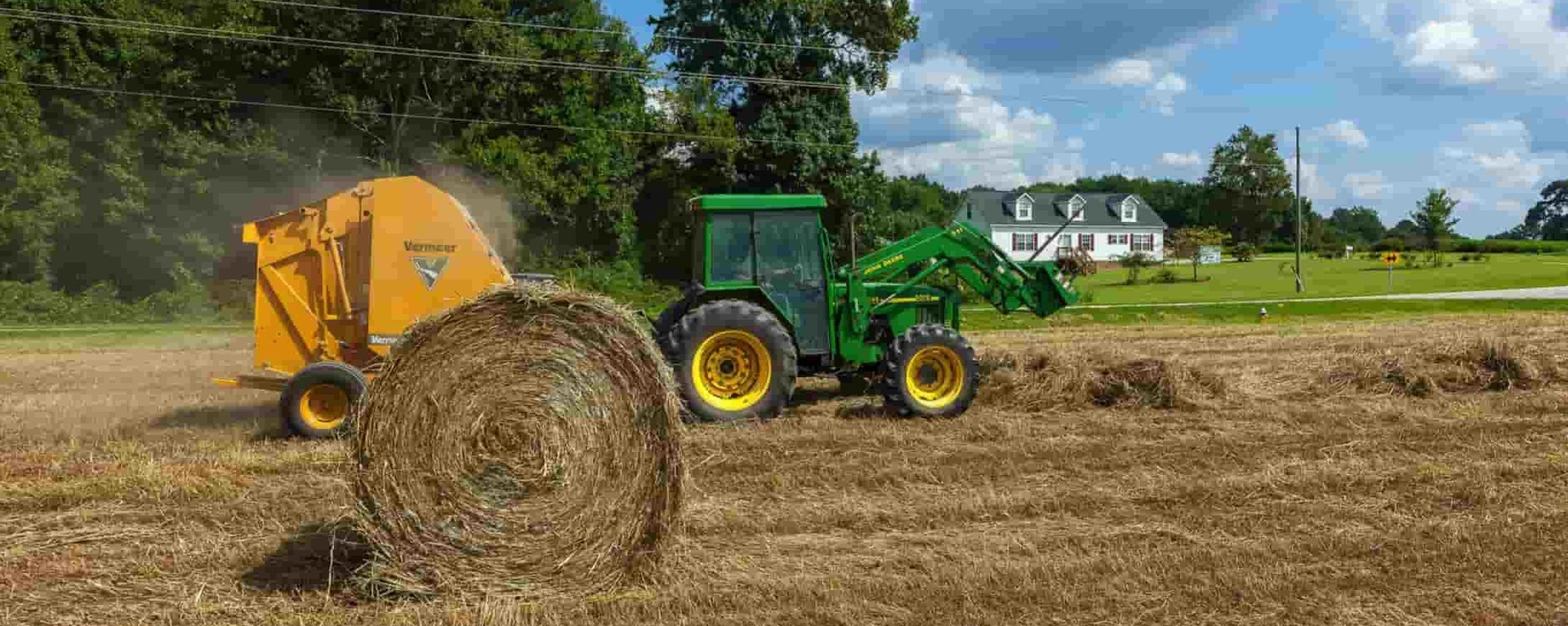Electrical safety for farmers
Posted on 13th June 2022
Electrical power providers, UK Power Networks, is working with the National Farmers’ Union to make farmers more aware of the importance of electrical safety.
Ahead of the harvest season safety advisors will be attending a series of NFU-led events from 23 June at farms across the East of England including Suffolk, Norfolk, Essex and Cambridgeshire. The aim is to reach around 700 farmers with important health and safety messages.
Understanding electrical risks in agriculture
Contact with high voltage electricity cables can be fatal. The main risk is farm machinery coming into contact with overhead power lines.
Included in the advice for farmers is:
Plan ahead and mark overhead and underground power cables on your farm maps. All members of staff, including seasonal workers, contractors and visitors should be made aware of the location of cables.
When using farm machinery, it’s important to be aware of its maximum reach so that plans and processes can be put in place to make sure it is used safely.
It should always be assumed that power lines are live. Everyone on site should get in to the routine of looking up to check for cables before lifting, loading or unloading materials, when using tipper wagons or trailers in fields and when stacking. Operators should pay close attention when using GPS auto-steer systems.
Everyone using equipment and machinery should know how to move away safely in the event of an emergency.
If fallen power lines are discovered people and livestock should be kept at least 10metres away.
Additional care is needed in dark or poor light conditions, especially when tired.
Electrical safety in agricultural settings
Agriculture has a worrying track record for accidents. Around one in five contacts with high voltage electrical equipment in the UK Power network is in the agricultural sector, placing farmers at risk of injury or even death.
The NFU’s Health and Safety events are intended to raise awareness and encourage farmers to place a higher priority on electrical safety.
Taking time to make plans and train for electrical safety is important. Making everyone on site aware of the location of electricity cables is the single most important step. Adopting electricity-aware ways of work can reduce risks and potentially save lives.
During the busy harvest period combines, tractors and telehandlers will be in use around the clock. People will be tired, so it’s especially important that they are fully aware of the risks in advance so they don’t make potentially fatal mistakes. If there is an accident effective guidance and processes could help to minimise the harm and keep people safe.
Please get in touch if you would like to update any of your agricultural electrical installations and maintenance programmes.
Tagged as: agriculture, Electrical safety
Share this post:





